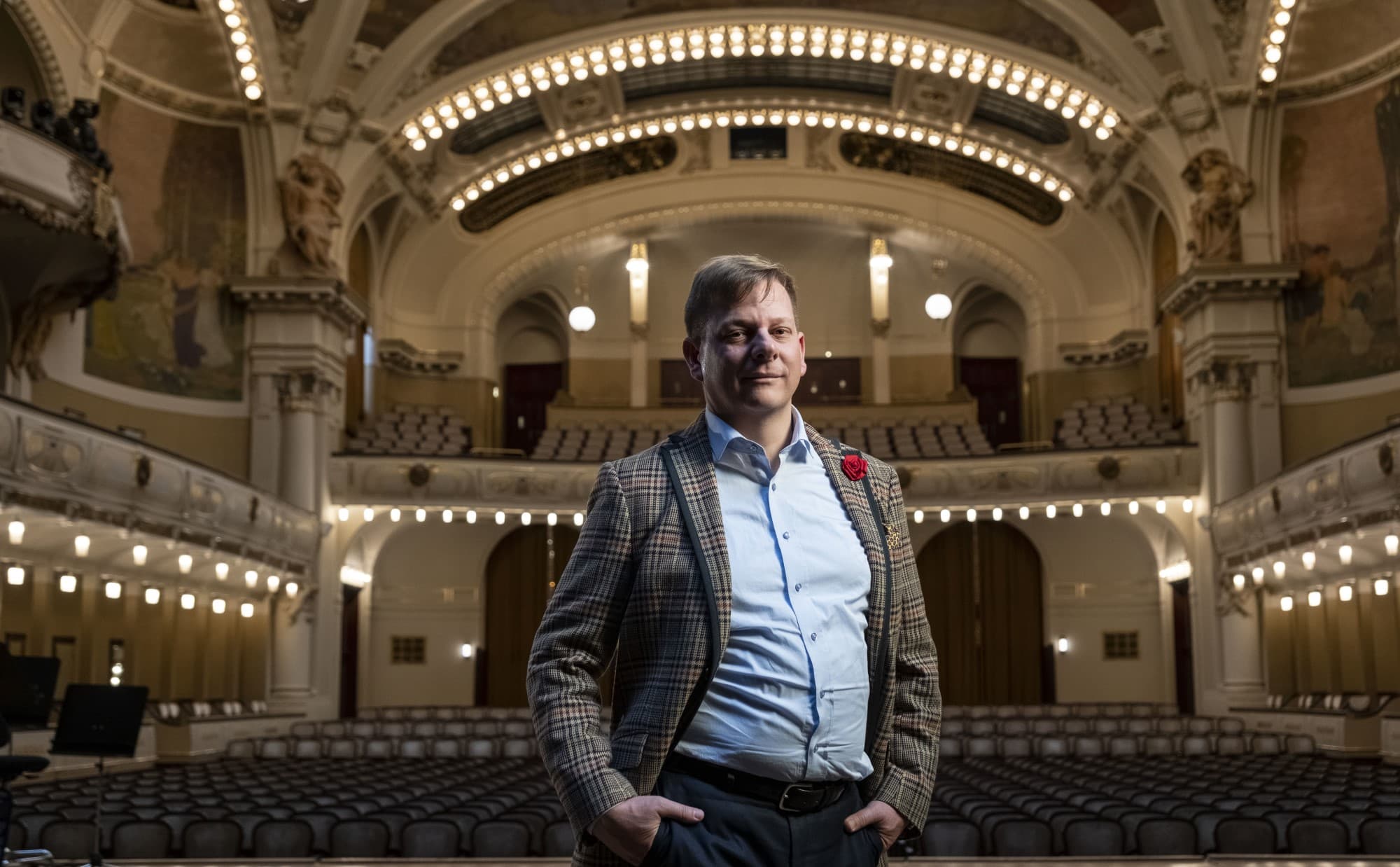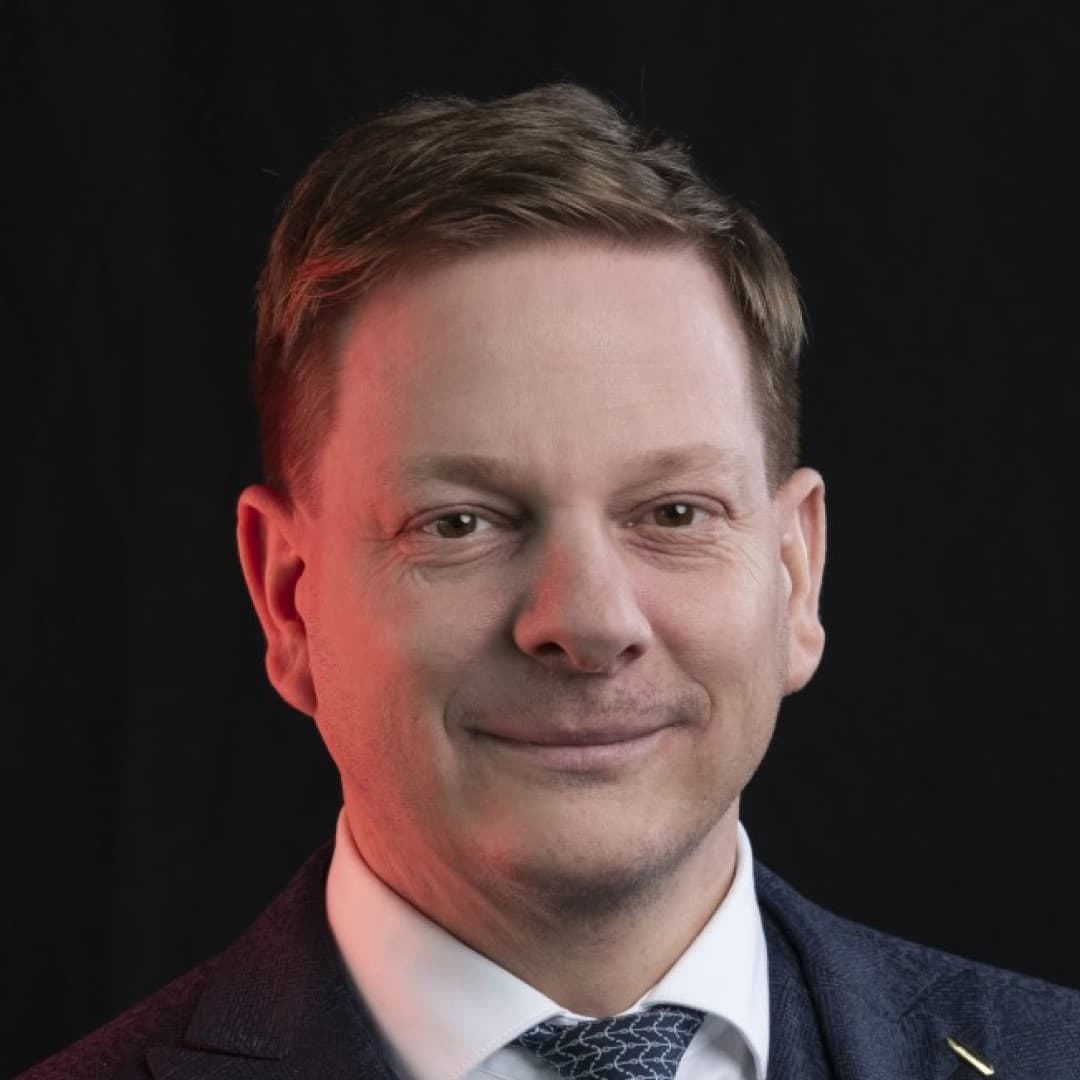Petr Michal: Charging for entry to Prague city center? It will gradually turn it into a lifeless open-air museum.
28 \ 09 \ 2023

Whether the Prague city council will introduce paid car passage through the city center from next year has not yet been definitively decided. However, this topic has stirred up the somewhat summer-slumbering Prague politics quite significantly and has prompted many public figures to share their opinions either in the media or at least on their social networks.
And that’s right. It cannot be seen otherwise than that introducing such a change — that is, charging for driving along the embankments on the right and left banks of the Vltava River, effectively making free passage through the city center impossible — would be a very significant revolution for Prague. And this deserves a broad and detailed debate.
The verdict of Prague’s city council will have a huge impact on so many diverse groups of city residents that no one can afford to gamble with a decision without thoroughly discussing all possible alternatives beforehand. And that has not happened yet.
A blow to entrepreneurs
As the chairman of the Board of the Prague Chamber of Commerce, I must primarily consider how entrepreneurs and self-employed people would suffer — those who either do business directly in the city center, work there, have to drive in for deliveries, or simply come for meetings.
Yes, meetings can definitely be moved elsewhere, but won’t that slowly kill the life in the city center that is so typical for it? In my opinion, definitely. Local shopkeepers, restaurateurs, and café owners would suddenly have to rely only on tourists and parliamentarians, who would almost be the only ones left in this part of the city overnight.
The city center would gradually (or much faster than I can imagine) transform into an open-air museum — a stone city where no one would want to live or even work after a while. We would eventually push out small business owners, who would prefer to relocate to other districts where at least some pulse remains, and most importantly, where people and money circulate.
Of course, the 200 crowns that the city council is considering is not a huge amount for many, but I think we can agree that even the wealthiest would rather save it for a coffee and avoid the center altogether. A few people might welcome this. Several long-time residents wanting peace and politicians seeking any kind of PR might find the change useful. But what will it bring to the rest of Prague’s residents? In my view, the decline of a normal, functional, and vibrant city. Along with those who leave, almost the entire traffic would “move away” — deliveries, people commuting to work, visits to companies, food deliveries by couriers, business meetings.
Cars logically won’t disappear; they will just shift elsewhere. So it’s no surprise that among the loudest voices in the media recently have been councilors and representatives from Prague districts around Prague 1: Prague 2, Prague 3, Prague 8, and others realize they would face a new problem. How to solve it? Will they eventually consider closing off their neighborhoods to protect them? It sounds crazy. Unbelievable. But such ideas sometimes come from our political representatives.
Debate based on data
When there was talk of introducing tolls for the entire Prague center, it was always linked to the completion of the Prague Ring Road. Now, although it’s not about the entire center, transport experts agree that it could have a fundamental and unexpected impact on the city. No one has calculated or analyzed it; someone just floated the idea, and now everyone argues about it.
Among other things, I saw an analysis on a news site about how much cars really slow down trams in the city center — one of the arguments for charging a fee. The journalists found no disasters. In fact, they discovered that the city council doesn’t even know the actual traffic volume on the mentioned streets, nor when they are busiest. It has no data. It only requested it a few days ago. That says a lot.
Let’s therefore talk about this topic, debate it, put all the arguments on the table, and listen to the public’s views. Above all, no forceful actions, no unnecessary fights or disputes. A debate based on numbers and data that will help the city develop is more than appropriate in cases like this. Our Chamber can also serve as an expert partner for the city on this matter.
The full article can be found in Lidové noviny (September 28).




